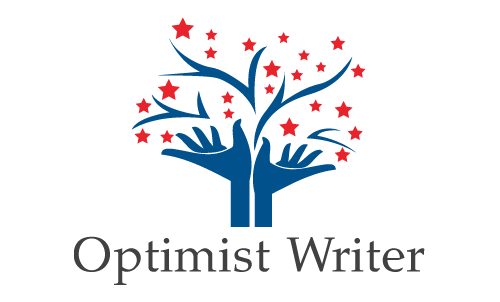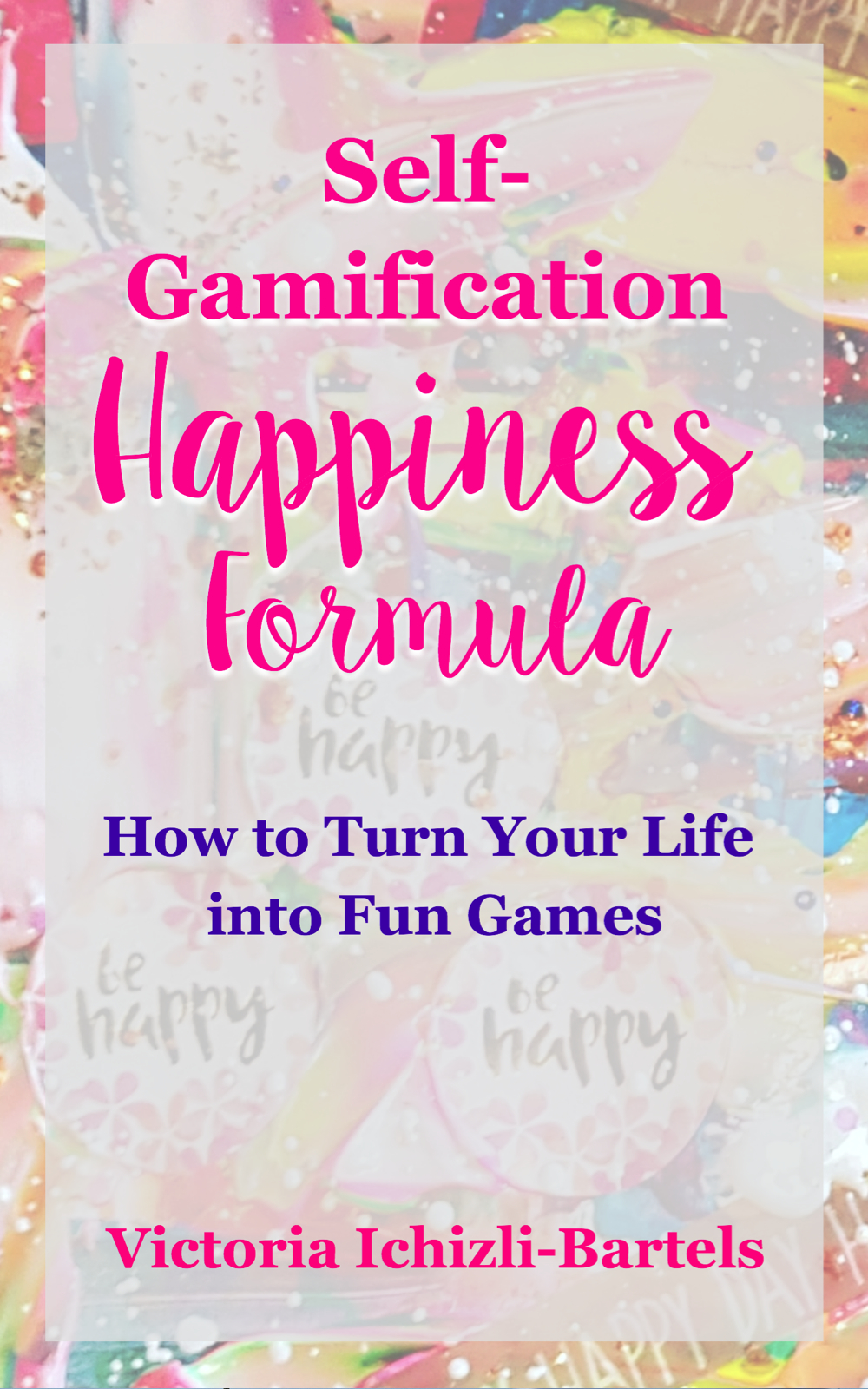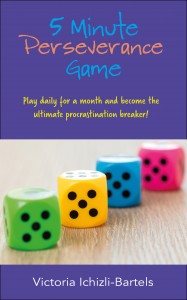Here are eleven possible reasons (in no specific hierarchical order) why it is worth turning our lives into games.
1. We can turn many moments of each day into happy ones
Most of us want to live happy lives. Many people say that they play games because games make them happy. So why not turn every day of our lives into fun games? By doing so, we could turn many moments of every day into happy ones.
2. Any project is already a game
Any project or activity contains or can contain the same components as games. Or at least, it includes the primary ones: goals, rules that the player must follow, feedback (or reporting) system and voluntary participation.
Just think of your job contract. Doesn’t it contain all four? I bet it describes your job “game”, with its goal, rules, feedback system (the regular meetings you most likely have with your boss, before or after which you and your employer provide some kind of evaluation of each other), and both you and your employer demonstrating the voluntary participation by signing the employment contract.
3. We are not that afraid of games
If we look at what we want or have to do as a game, then the stakes are not that high, are they? It’s just a game. So the drama, that seriousness we used to require to succeed, falls away. But if we add drama to what we do, then the stakes become enormous.
4. It’s easier to commit in games wholeheartedly
It’s easier to agree to play a game than say yes to a real-life project. Or at least many of us think so. We are too scared of the challenges a project might pose. What if we fail?
But we consider games differently.
Have you noticed that in games, you enjoy the challenges the games pose, you don’t really think of them as an effort or a hardship, and you give your best to achieve the next level?
5. It’s easier to give your best in games
It is much easier to give your best so in games. Again, less dramatic, less at stake. You are in the moment and concentrate on achieving that level, on getting that treasure.
In real-life projects, we are scared that what we do is not our best and that we might either fail or succeed. We are afraid of success as much as of (or sometimes even more than) failure.
6. It’s easier to handle upsets in a game
We are less afraid to fail in games than in real-life activities.
The clue here is that you don’t stay upset for too long. If you do, then you stop playing the game. To continue playing, you need to put your upset aside and focus your attention on the next move in the game. Or to another game.
Imagine how much easier real-life projects can become if you proceed with them in the same way. In real-life projects, you can do the same: acknowledge the upset and move on.
7. It’s easier to be less judgmental toward ourselves
If something doesn’t work in a game, we don’t beat ourselves in our thoughts and call ourselves stupid, lazy, or any other diminishing words as we often do outside of the world of games.
In games, we don’t dwell on bumping a car into a wall if you want to continue playing that game. Instead, we notice what happened, turn the car around, and carry on. We can do the same in our life games.
8. It’s easier to learn if you consider self-learning as a game
There is also something else I discovered while turning my life into games. I found that I can learn better, that I am more open to new ideas and there are now many more of the “Oh wow!” moments in the same day nowadays than before. Life is so colorful now.
9. Time and project management can be a game too
If you are still skeptical about the possibility to see what you do as games, then please answer the following question. You don’t need to tell anyone your answer. Do you have one or more of the following items recorded on paper, in an app, or stored in your head:
- To-do lists,
- Weekly, monthly, yearly, plans,
- Project plans,
- Road maps,
- Notes on how you want to accomplish specific tasks,
- Other similar?
I would bet that you have more than one of the above recorded and saved somewhere on scraps of paper, in notebooks, calendars or apps on a device of your preference, either by yourself or required by others to follow.
Then I have the following news for you:
These are all also Game Plans.
10. There are so many fun games to learn from and borrow their fun elements.
While spreading the awareness of the benefits of seeing, designing, and developing various projects and activities as games, I got a fun question. The question was whether flow charts in a project plan could be created and laid out as a board game, and the progress followed by moving the figurines along with the board.
I loved this idea. Of course, you will need to record the process also in another type of feedback system, the one you agreed upon with your customer or boss. But if this approach will benefit you, your colleagues, and the project, then, by all means, do it.
There are no limits to creativity here. The trick is to see what you do as if it is a game and get inspired by “real” games. Mind you, not something to disregard as a waste of time but something you are eager to be great at like your favorite game.
11. As a game designer, you can adjust its design
So any project or activity is already a game. You just need to see it as such and then modify its design so that you as a player enjoy playing it.
Turning your life into games allows you to treat yourself as your best (customer) player and at the same time your favorite game designer, to whom you gladly give your feedback to improve your favorite games.
Here is what you adjust as a game designer of your self-motivational games: the way you approach the game and the way you record the progress.
A New Book on How to Turn Our Lives into Fun Games is Coming Soon
This summer, I will publish a book called Self-Gamification Happiness Formula: How to Turn Your Life into Fun Games, which will show how you can turn your life into an exciting collection of games and how you can do that continually no matter how your life turns out.
Here is its cover that I share today for the first time.
If you can’t wait for the book to come out and want to learn more about the topic of self-gamification (an art of turning our lives into fun games) already now, then check out my other book and also the online course on the subject:
- A little book: 5 Minute Perseverance Game: Play Daily for a Month and Become the Ultimate Procrastination Breaker
- Online course on Udemy: Motivate Yourself by Turning Your Life Into Fun Games
Now your turn. What would be your reasons for turning your life into games?
I invite you to take a minute and contemplate what your reasons would be for turning your life into games. Are they the same as the ones discussed above, or are they something else? Share them in the comments on social media or send them to me per e-mail (see contact) and let’s chat.
#selfgamification #motivation #perseverance #nodrama #fun #gamification #stopprocrastinating #inspiration #OptimistWriter



